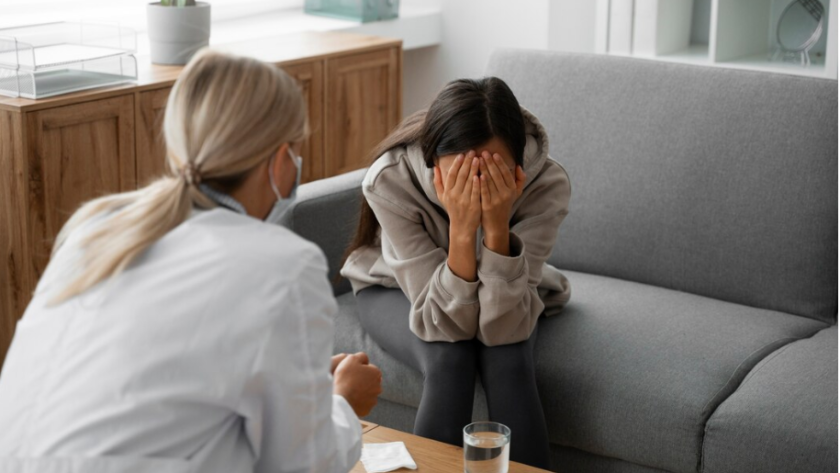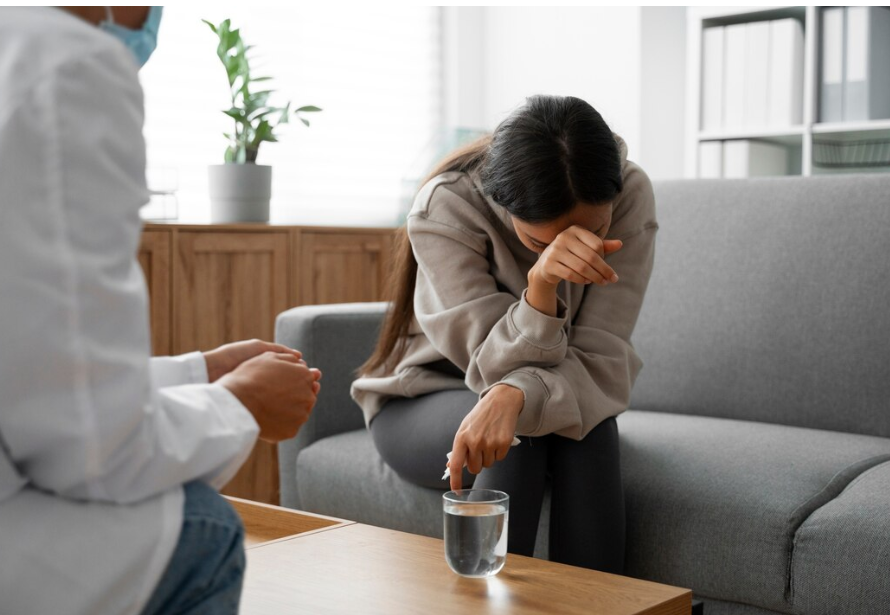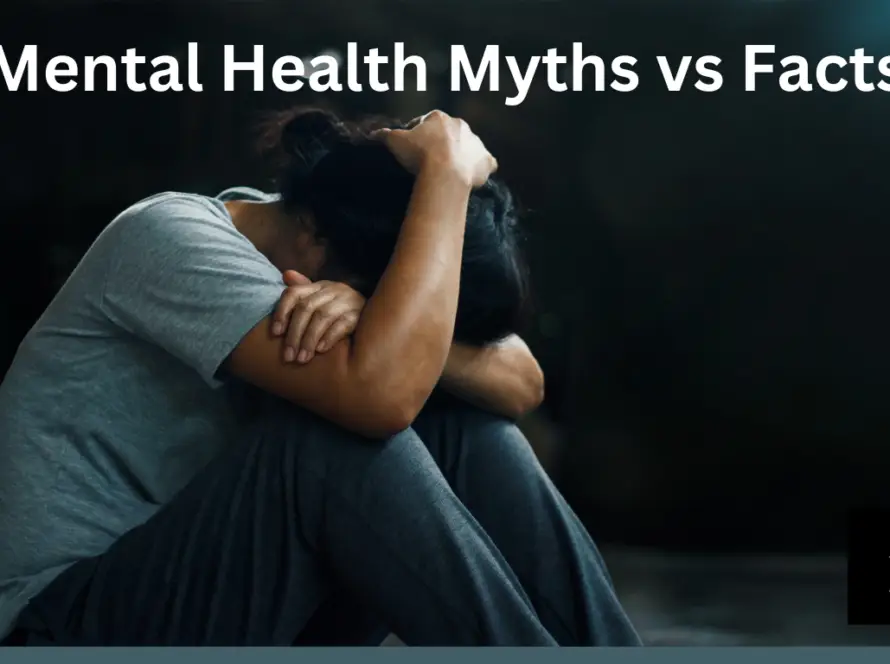Signs & Solutions of Mental Health Struggles
Mental health is vital to our well-being, yet it often goes unnoticed or misunderstood. Recognizing the signs of mental health struggles is the first step in addressing them effectively. Awareness is crucial whether it’s about understanding your mental state or helping someone else.
In this blog, we’ll explore the common indicators of mental health issues and how you can identify them in yourself and others.
Understanding Mental Health

What is Mental Health?
Mental health encompasses our emotional, psychological, and social well-being. It influences how we think, feel, and behave in everyday life. Good mental health enables us to cope with stress, build relationships, and make decisions effectively.
Breaking the Stigma: Why Mental Health Awareness is Important
Why is Awareness Important?
Ignoring mental health struggles can lead to severe consequences, including worsening symptoms and reduced quality of life. Awareness allows for timely intervention, which can prevent long-term harm.
Signs of Mental Health Struggles in Yourself
1. Mood Changes and Emotional Signs
Mood swings, persistent sadness, irritability, or feelings of hopelessness can be significant indicators. If these feelings persist for weeks, it’s time to take them seriously.
2. Withdrawal from Activities
Losing interest in hobbies, social events, or activities you once enjoyed could signal depression or anxiety.
3. Physical Indicators of Mental Health Issues
Mental health issues often manifest physically, including fatigue, headaches, or changes in sleep and appetite.
4. Difficulty Concentrating
Struggling to focus or make decisions can indicate stress, anxiety, or other mental health concerns.
5. Feelings of Overwhelm
Feeling persistently overwhelmed or unable to cope with daily life is a key sign of mental health challenges.
Recognizing Mental Health Struggles in Others

1. Unusual Behavior
Look for drastic changes in behavior, such as increased irritability, aggression, or withdrawal.
2. Decline in Performance
A noticeable drop in work or academic performance could indicate underlying issues.
3. Changes in Social Interaction
Someone who becomes socially isolated or avoids communication may be struggling internally.
4. Physical Appearance
Neglecting personal hygiene or appearing unusually tired could indicate mental health concerns.
5. Expressing Helplessness
Pay attention to what others say. Statements like “I can’t handle this anymore” or “I feel so alone” may indicate deeper issues.
How to Respond to Mental Health Struggles
1. For Yourself
Seek Professional Help: Therapists or counselors can provide the tools to manage your struggles.
Practice Self-Care: Engage in activities that promote relaxation, like meditation, exercise, or hobbies.
Build a Support System: Share your feelings with trusted friends or family members.
2. For Others
Listen Actively: Sometimes, being there and listening can make a big difference.
Offer Support: Encourage them to seek professional help and offer to assist in finding resources.
Avoid Judgment: Be patient and avoid making dismissive remarks about their feelings.
When to Seek Professional Help
While some mental health struggles can be managed with self-care, others may require professional intervention. Seek help if:
- Symptoms persist for more than two weeks.
- There’s a risk of self-harm or harm to others.
- The person is unable to function in daily life.
mental health problems in men and women
The ratio of mental health problems in men and women often varies depending on the type of mental health condition and sociocultural factors. Here’s an overview based on research and statistics:
DEPRESSION
Women are nearly twice as likely to experience depression compared to men. Hormonal changes, societal pressures, and life events like pregnancy or menopause contribute to this higher prevalence.
Men, while less likely to be diagnosed, often experience depression differently, exhibiting anger, irritability, or risky behaviors instead of sadness.
Anxiety Disorders
Women are more prone to anxiety disorders, with studies showing they are about 1.5 to 2 times more likely to develop conditions like generalized anxiety disorder or panic disorder.
Substance Use Disorders
Men are more likely to experience substance use disorders, with higher rates of alcohol and drug dependence. This may stem from societal expectations around coping mechanisms and masculinity.
Suicide Rates
While women are more likely to attempt suicide, men are four times more likely to die by suicide due to using more lethal methods.
Bipolar Disorder and Schizophrenia
These conditions occur at similar rates in men and women. However, men often experience earlier onset and more severe symptoms of schizophrenia.
Cultural and biological factors significantly influence the mental health problem ratio between men and women. Tailored approaches in treatment and awareness campaigns can help address these gender-specific challenges.
BREAKING THE STIGMA
The stigma around mental health often prevents individuals from seeking help. Promoting awareness and open conversations can help break this barrier.
Recognizing the signs of mental health struggles is the foundation of building a healthier society. Take action early if you’re noticing changes in yourself or someone else. Small steps can lead to significant improvements in mental well-being.
Remember, seeking help is not a sign of weakness—it’s a step toward strength and healing.






1 Comment